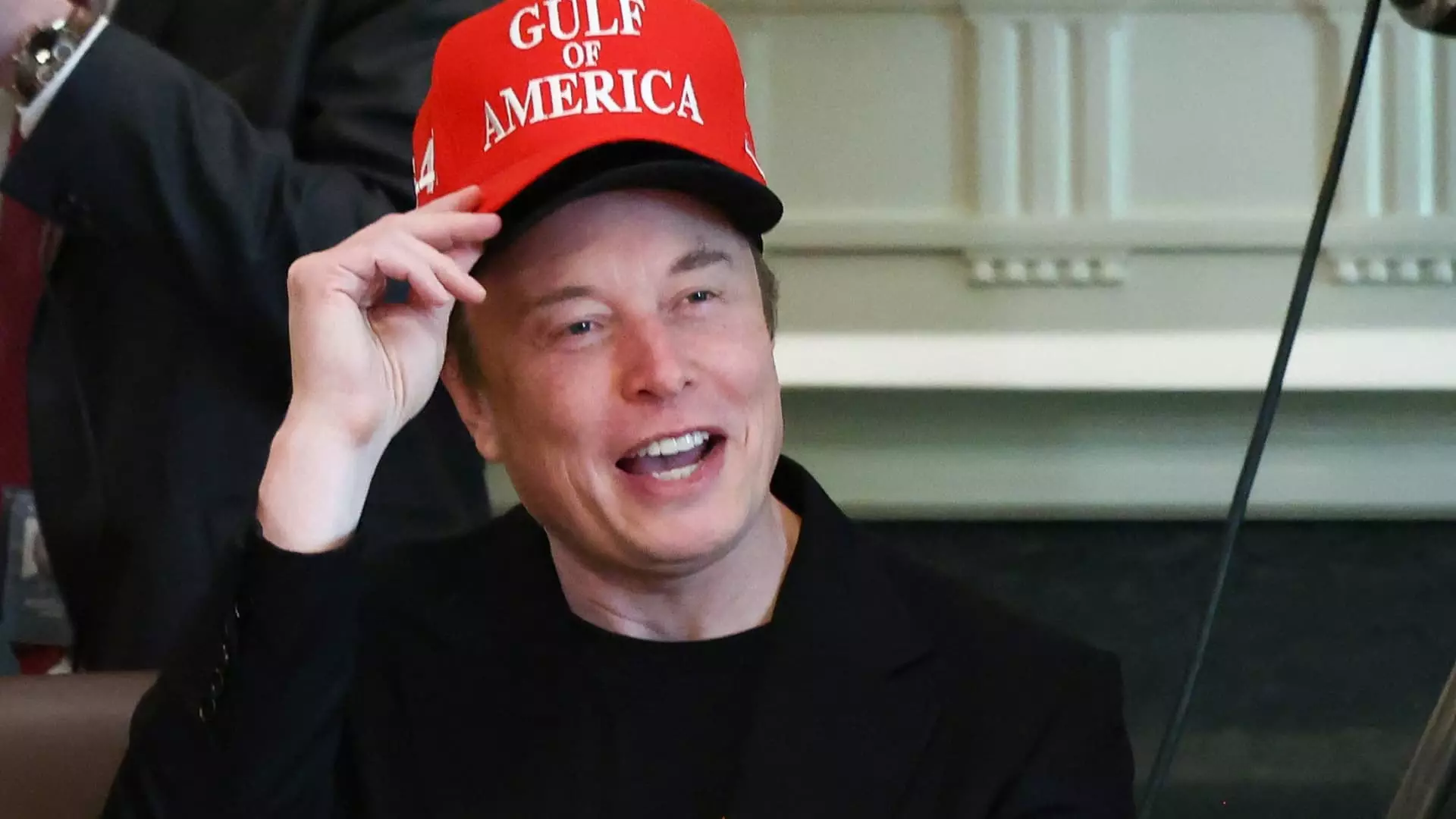Elon Musk’s short-lived tenure in the government, particularly his role in the Department of Government Efficiency (DOGE), may be coming to an end, but the implications of his departure resonate far beyond his 130-day stint. The world knows Musk as the CEO of transformative companies, including Tesla and SpaceX, but his engagement with government operations sparked both optimism and skepticism. Despite his controversial viewpoints, many believed that the technological innovator could inject much-needed efficiency into a traditionally cumbersome bureaucracy. However, Musk’s critical stance on federal spending, particularly during his connection with the Trump administration, hinted at an inherent clash between innovation and political realities.
A Critical Eye on Spending
Musk’s thank-you note to President Trump regarding the reduction of wasteful spending reflects a deep-seated belief that government can often be a roadblock rather than a facilitator of progress. This viewpoint resonates with center-right wing liberalism, advocating for fiscal responsibility while prioritizing private sector dynamism over public sector inefficiency. Yet, Musk’s recent critiques of the proposed spending bill in Congress highlight an ongoing debate about how innovation and fiscal policy can coexist. By categorically asserting that proposed expenditures “undermine the work that the DOGE team is doing,” Musk not only defended his own project but also brought attention to the larger conversation about government spending and its ability to stifle progress.
Musk’s Push for a ‘DOGE’ Culture
The ethos Musk introduced through the DOGE initiative—essentially carving a pathway for efficiency and practical governance—had the potential to connect technology with everyday governmental functions. His assertion that the DOGE mission would become an integral part of life in government, if actualized, could have led to a paradigm shift in how we view government efficacy. However, transitioning from ideals to actionable changes in a status quo that often resists innovation presents significant hurdles. If Musk’s ideas had a fighting chance, they would require not only robust support from fiscal conservatives but also a restructuring of the bureaucratic mindset that is notoriously slow to adapt.
Legal Troubles and Business Focus
Musk’s departure also emerges against a backdrop of burgeoning legal challenges, as allegations about his compliance with federal laws swirl. The tension between his government role and business interests has become increasingly apparent. As he strives to regain focus on Tesla and SpaceX, the calls for him to invest at least 40 hours per week into Tesla signal a growing worry among stakeholders regarding his divided attention. This situation raises an uncomfortable question: Can true innovation thrive when a leader wears too many hats? Musk’s business pursuits could transform dramatically in light of these pressures, but the lingering specter of his government experience may impact the public’s perception of him—especially in a politically divided climate.
The Future of Innovation in Government
Ultimately, while Elon Musk’s exit from the government may signal a return to business as usual, it also presents an opportunity for reflection. His ambition to make government more efficient clashes with the often sluggish nature of public institutions. Moving forward, those who embrace center-right views must advocate not just for less spending but for a fundamental reexamination of how the nexus of innovation and government can be navigated. Musk’s tenure, albeit brief, sparked debates that, if harnessed correctly, could return in full force as he refocuses on his companies.

